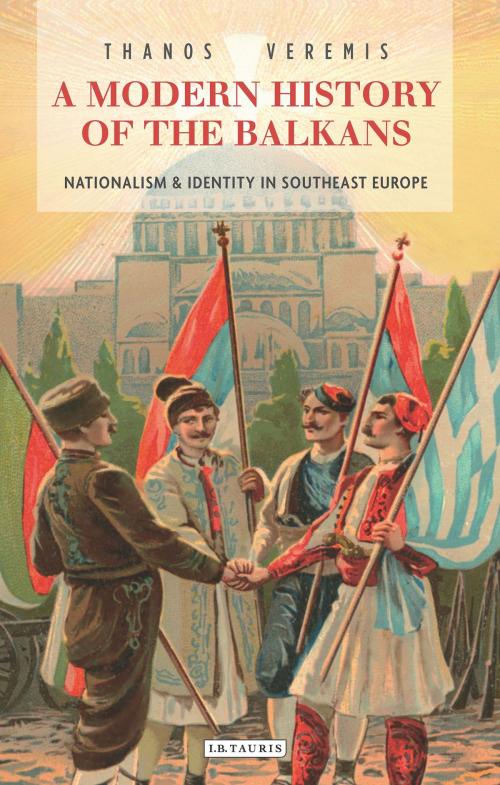A Modern History of the Balkans
Nationalism and Identity in Southeast Europe
Nonfiction, History, Eastern Europe, European General| Author: | Thanos Veremis | ISBN: | 9781786721051 |
| Publisher: | Bloomsbury Publishing | Publication: | February 28, 2017 |
| Imprint: | I.B. Tauris | Language: | English |
| Author: | Thanos Veremis |
| ISBN: | 9781786721051 |
| Publisher: | Bloomsbury Publishing |
| Publication: | February 28, 2017 |
| Imprint: | I.B. Tauris |
| Language: | English |
The history of the Balkans has been a distillation of the great and terrible themes of 20th century history – the rise of nationalism, communism, fascism, genocide, identity and war. Written by one of the leading historians of the region, this is a new interpretation of that history, focusing on the uses and legacies of nationalism in the Balkan region. In particular, Professor Veremis analyses the influence of the West - from the fall of the Ottoman Empire and the rise and collapse of Yugoslavia. Throughout the state-building process of Greece, Serbia, Rumania, Bulgaria and later, Albania, the West provided legal, administrative and political prototypes to areas bedevilled by competing irredentist claims. At a time when Slovenia, Rumania, Bulgaria and Croatia have become full members of the EU, yet some orphans of the Communist past are facing domestic difficulties, A Modern History of the Balkans seeks to provide an important historical context to the current problems of nationalism and identity in the Balkans.
The history of the Balkans has been a distillation of the great and terrible themes of 20th century history – the rise of nationalism, communism, fascism, genocide, identity and war. Written by one of the leading historians of the region, this is a new interpretation of that history, focusing on the uses and legacies of nationalism in the Balkan region. In particular, Professor Veremis analyses the influence of the West - from the fall of the Ottoman Empire and the rise and collapse of Yugoslavia. Throughout the state-building process of Greece, Serbia, Rumania, Bulgaria and later, Albania, the West provided legal, administrative and political prototypes to areas bedevilled by competing irredentist claims. At a time when Slovenia, Rumania, Bulgaria and Croatia have become full members of the EU, yet some orphans of the Communist past are facing domestic difficulties, A Modern History of the Balkans seeks to provide an important historical context to the current problems of nationalism and identity in the Balkans.















